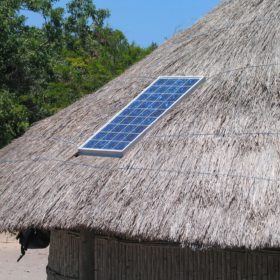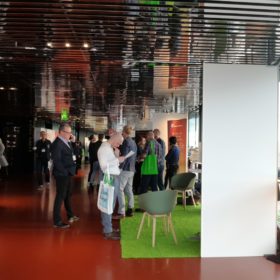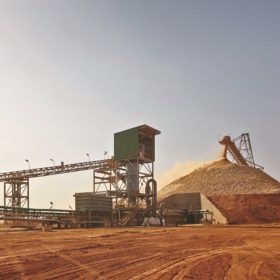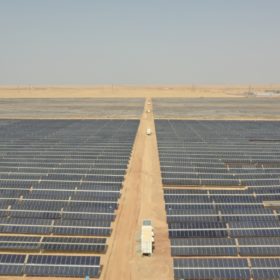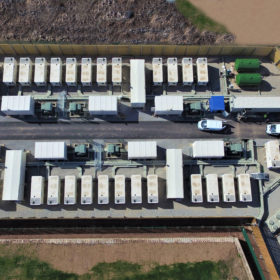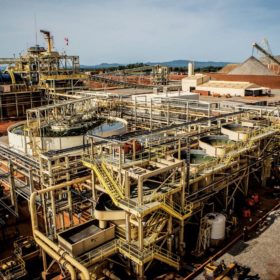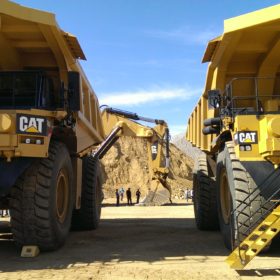European coal fleet will run at a loss of €6.57bn this year
Economic thinktank Carbon Tracker used financial modeling to determine the profitability of every coal power plant in the EU. On average, 79% of the facilities run at a loss, with Germany, Spain and Czechia among the states particularly exposed to the consequences – for coal investors and the public.
Off-grid solar sector witnesses sales of 4.1 million products in six months
Industry body Gogla and the World Bank’s Lighting Global program said the last six months set a record for off-grid solar deployment. Solar home systems and other small off-grid appliances are being used in ever larger numbers.
Swedish Solar Expo touts solar and hydrogen community project
Where seasonal storage is paramount, hydrogen comes into play. Under-the-radar solar market Sweden has presented its hydrogen projects and technological solutions to overcome the country’s natural solar barriers.
Burkina Faso gold mines to get 13 MW solar-plus-storage
Renewable energy is rapidly being adopted by mining companies as the combination of off-grid power and cheaply available renewables offers a strong business case.
Completion of 390 MW Benban projects crowns impressive quarter for Scatec Solar
With power production up 133% year-on-year, revenues and EBITDA also rose significantly.
UK Government comes around on grid storage planning
In January, the U.K. Department for Business, Energy and Industrial Strategy opened consultation on its solar-plus-storage proposals. To date, systems with a capacity bigger than 50 MW are classed Nationally Significant Infrastructure Projects.
Ukraine solar industry poised between optimism and fears of FIT renegotiation
Ukrainian energy market reforms are continuing and amid uncertainty about future auction mechanisms and prices, attendees at the SEF Kyiv sustainable energy forum again called out the government for dragging its heels on the legislation. However, there was also evident optimism at the show.
EU electricity market summary shows shift from coal to gas
A newly published overview of the European electricity sector suggests that renewables development remains stalled on the continent. Despite some regional differences, EU policy generally favors gas over renewable resources to replace coal. And recent comments by Kadri Simson, the newly sworn-in EU energy commissioner, offer little hope for change.
Mali gold mine set for 30 MW of solar and 13.5 MWh of storage
Two German companies will develop one of the largest off-grid PV and storage projects to date. The low cost of the technology and expense of conventional generators is likely to see the hybrid plant recover its costs in three to seven years.
Hydrogen powered mining trucks are coming
The building-sized trucks run on diesel and prompt logistical complications as large amounts of diesel must be shipped to remote mining sites. Attempts to decarbonize the mining sector will have to consider the heavy-duty vehicles.


